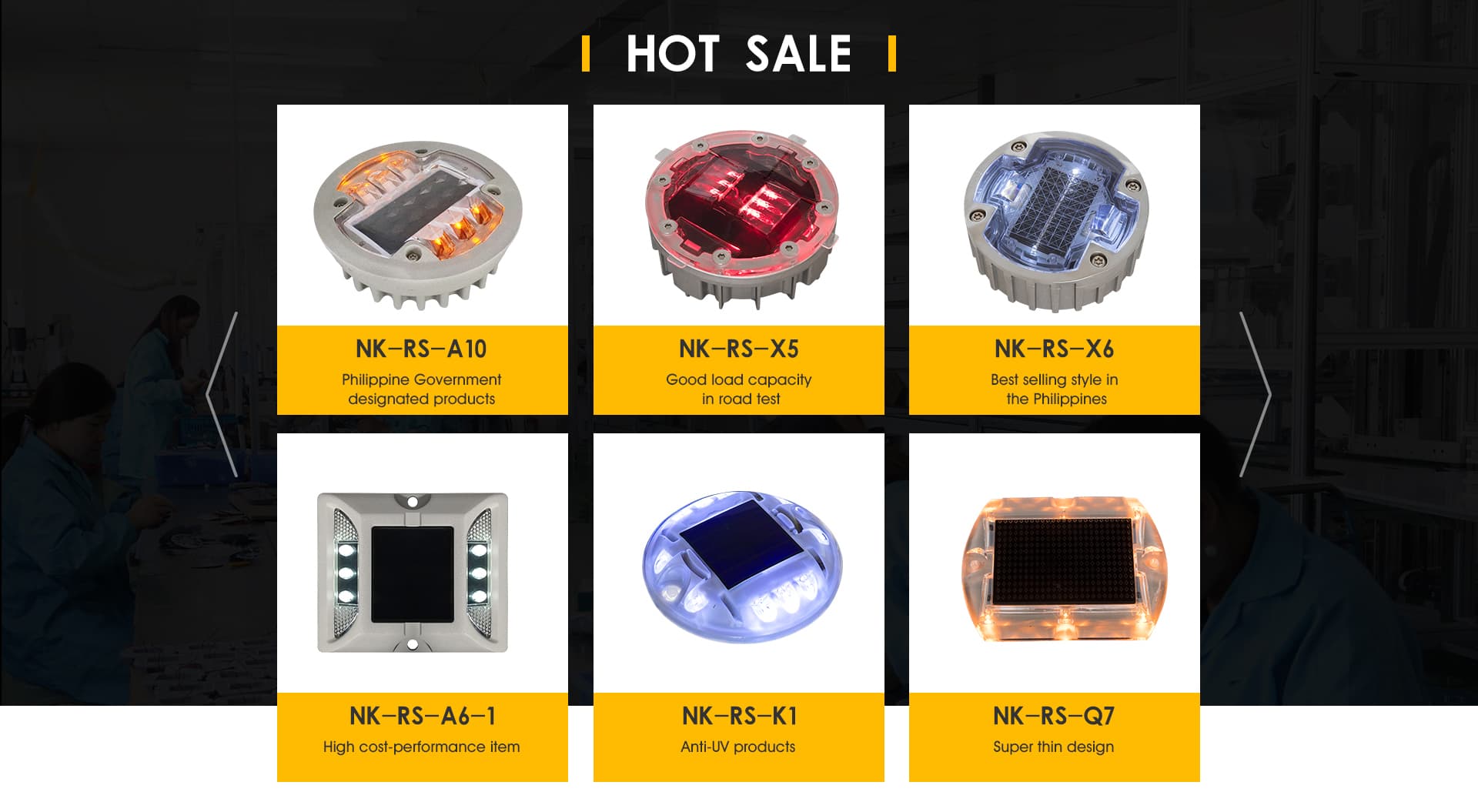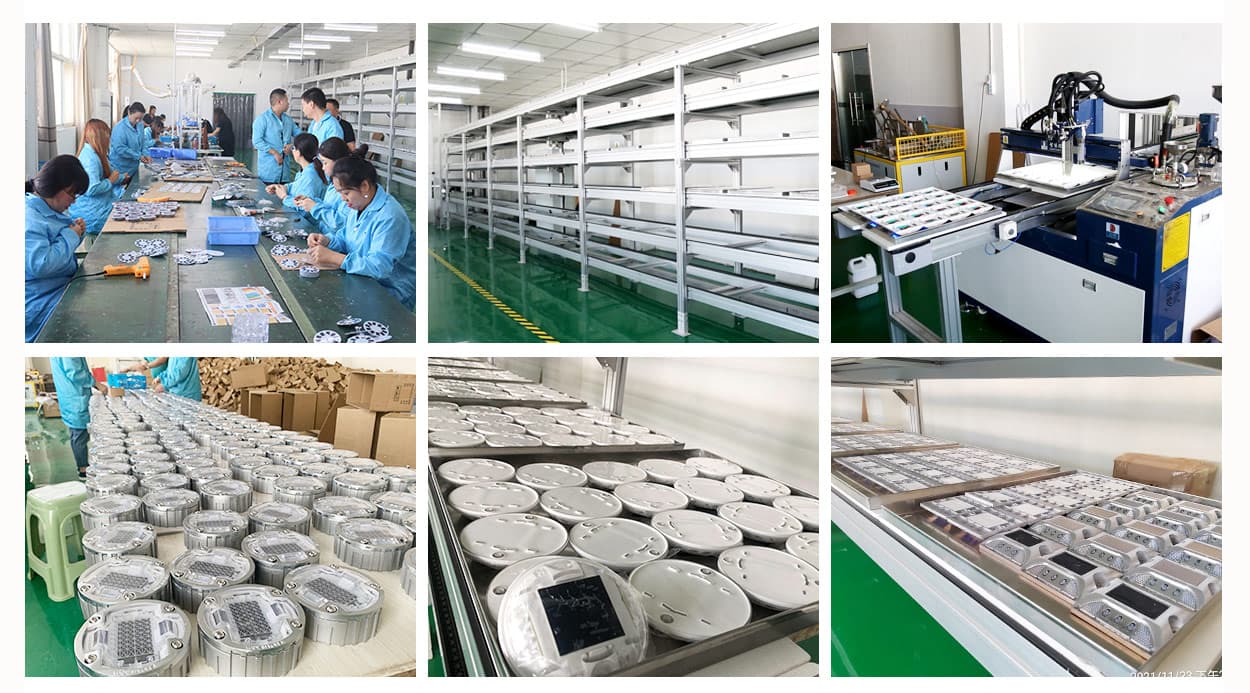


.jpg)
Jan 25, 2017 · The road studs on a section of the motorway weren’t working. Without the guidance from the reflective road studs, we struggled to see our lane in the dark during pouring rain. We cut our speed to match the conditions, but just didn’t feel safe. Maybe we just happened to be unlucky and the road studs had recently failed.
.jpg)
The colours of the reflective studs on the motorway and their locations are • red – between the hard shoulder and the carriageway • white – between lanes • amber – between the carriageway and the central reservation • green – along slip-road exits and entrances • bright green/yellow – at roadworks and contraflow systems.
.jpg)
Reflective road studs may be used with white lines. White studs mark the lanes or the middle of the road. Red studs mark the left edge of the road. Amber studs mark the central reservation of a dual carriageway or motorway. Green studs mark the edge of the main carriageway at lay-bys and slip roads.
.jpg)
Reflective Road Studs UK. Rule 132: Reflective road studs may get used with white line markings. They are typically used to mark the lanes and edges of the carriageway. White studs mark the lanes or the middle of the road. Red studs mark the left edge of the road. Amber studs mark the central reservation of a dual carriageway or motorway. Green
.jpg)
5 Reasons Bikers Should Know About Reflective Studs. Reflective studs are increasingly being used on high-speed motorways and busy carriageways especially in poorly lit areas to allow easy visibility of the various lane demarcations. Also known as cat's eyes, these road studs were recently introduced in almost all standard roads around the world.
.jpg)
There are red flashing lights above every lane. You must 18 D) stop and wait On a motorway the amber reflective studs can be found between 19 C) the central reservation and the carriageway What colour are the reflective studs between the lanes on a motorway? 20 C) White Press F5 on the keyboard if the PowerPoint does not open automatically.
.jpg)
On which part of a motorway are amber reflective studs found? Between the central reservation and the carriageway What colour are the reflective studs between the lanes on a motorway?
.jpg)
Oct 08, 2018 · The innovative studs are visible up to 900 metres away – far greater than traditional reflective road studs – and have been proven to help stop drivers drifting between lanes, reducing the
.jpg)
Reflective road studs may be used with white lines. White studs mark the lanes or the middle of the road. Red studs mark the left edge of the road. Amber studs mark the central reservation of a dual carriageway or motorway.
.jpg)
Driving Theory Test Course Motorway Rules Lane Markings Module Progress 0% Complete Reflective studs help you to see where you are on the carriageway, especially at night or in fog. Different colours are used in different places.
.jpg)
Motorway studs or reflective cat’s eyes as they’re also called are used on many high speed roads throughout the world. Often used on roads with little or no lighting such as high speed ‘A’ roads or dual carriageways , they are a safety aid for motorists for establishing the correct lane and maintaining lace discipline at night or times of poor visibility such as rain and fog.
.jpg)
“The Intelligent Road Studs are a product we have used before, but not at a motorway to motorway junction and not in the north west region. Connecting the studs to the traffic signals is a first for Highways England and we’ve found this innovative use of them to be a very effective way of guiding drivers, helping them stay in the correct lane and so avoiding the risk of a collision.”
.jpg)
The innovative studs are to help mark out lanes at Switch Island in Merseyside, which is used by over 90,000 vehicles every day. The government-owned company said they are visible up to 900 metres away – far greater than traditional reflective road studs – and have been proven to help stop drivers drifting between lanes, reducing the risk
.jpg)
The innovative studs are visible up to 2,950ft (900m) away, far greater than traditional reflective cat’s-eye road studs, and they have been proven to help stop drivers drifting between lanes, reducing the risk of collisions.
.jpg)
Bespoke road signs are used in the Duplex Tunnel: Smaller than the corresponding standard signs, these retro-reflective signs are located above the carriageway. Small illuminated road signs are used, rather than large non-illuminated road signs, Specific variable message signs (VMS) (Figure 7) are positioned every 400m above the traffic lanes.